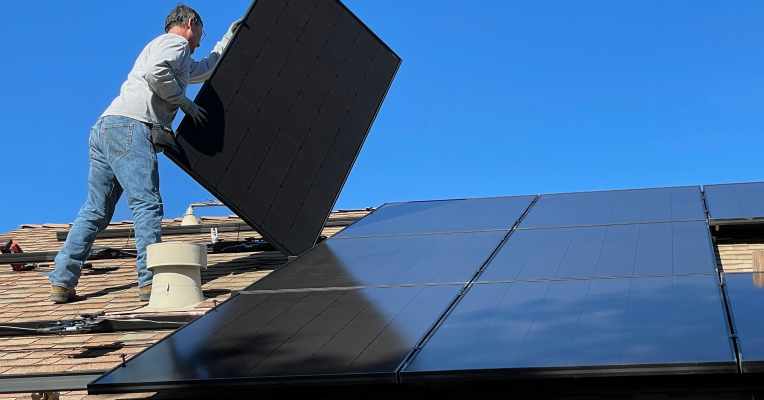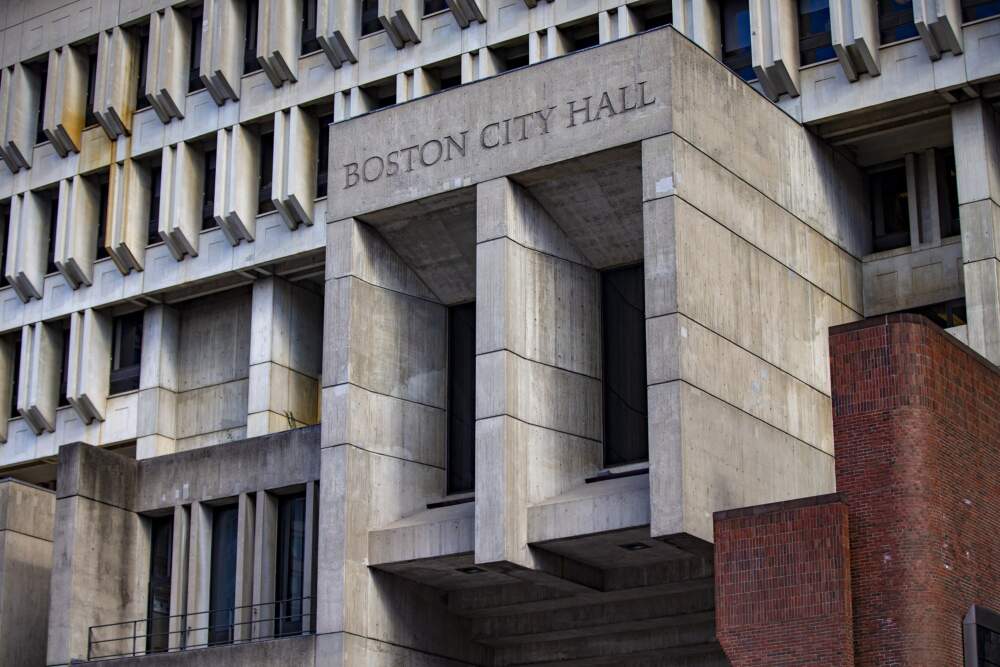#bancars
Senior Member
- Joined
- Jun 1, 2019
- Messages
- 1,658
- Reaction score
- 6,694
BPDA begins process to develop Resilience, Affordability, and Equity metrics for development project | Bostonplans.org
Stay informed and involved. See news, press releases, and more.
BPDA begins process to develop Resilience, Affordability, and Equity metrics for development projects
Mar 23, 2023
Agency issues challenge to understand how developers are addressing these goals in current projects
The Boston Planning & Development Agency (BPDA) today announced a challenge to our development and community partners via a questionnaire that staff will use to develop Resilience, Affordability, and Equity metrics for proposed projects. The challenge is in response to Mayor Wu’s directive to focus the Agency’s resources toward Bostonʼs urgent needs of today—Resilience, Affordability, and Equity. The development community will be integral to advancing solutions to these urgent challenges. This questionnaire will help the City understand what developers are already doing in their projects to advance these goals. The BPDA is also soliciting input on potential metrics and standards from organizations who represent community development or who work to advance Resilience, Affordability, and Equity.
The purpose of this challenge is to gather information as a first step in this process. The developer questionnaire will allow developers to demonstrate how their projects will implement existing Resilience, Affordability, and Equity-related plans and programs, advance best practices, provide benefits beyond the parcel-level, and measure their impacts. The questionnaire is voluntary and non-evaluative. The questions are designed to elicit responses that will help the Agency understand the ways development can support and enhance data-driven Resilience, Affordability, and Equity goals, and how the Agency can better incentivize development projects that will contribute to the Administration’s long term vision for Boston.
Once responses to the questionnaires are collected and reviewed, the BPDA will create a framework to assess development projects and incentivize projects that make significant progress on Resilience, Affordability, and Equity. The resulting framework, or “scorecard,” will be presented to the public for feedback and input before it is implemented.
“Boston has tremendous resources to address our most pressing needs, and we’re grateful to all helping to invest in our city and help us grow with Resilience, Affordability, and Equity at the core,” said Mayor Michelle Wu. “I want to thank our staff in planning and development review for beginning work on this scorecard which will help make the process of building in Boston predictable and sustainable.”
“This challenge is the first step in a comprehensive process to ensure that development in Boston prioritizes Resilience, Affordability, and Equity from start to finish,” said Chief of Planning Arthur Jemison. “We look forward to working with the development and advocacy communities on this to ensure our City’s built environment is meeting the needs of Bostonians.”
Developer questionnaire responses are voluntary, and can be submitted through an online form at any stage of project review. This form requests that development teams go beyond written narrative and include data that show their proposed project will advance climate resilience effort, contribute to the affordability of housing and small business creation, and meet the need for Bostonians to share equitably in the growth of the city.
DEI in Development Disclosure Update
Since adopting the DEI in Development Policy in August 2022, 19 projects have submitted new filing documents with the BPDA and all have provided the requested disclosure to highlight their Diversity, Equity, and Inclusion plans. The disclosures include a wide range of strategies from offering equity shares to minority investors, to awarding one third of design and soft cost contracts to M/WBE firms for affordable housing. Going forward, the BPDA will integrate the responses to the DEI Disclosure into the Resilience, Affordability, and Equity challenge. Integrating the two efforts will allow the Agency to create a consolidated database of initiatives to advance these important goals and comprehensively evaluate strategies to drive greater impact. Projects looking to submit a DEI Disclosure should do so using the Resilience, Affordability, and Equity questionnaire.
Article 80 Improvements
The BPDA has announced two projects to improve how communities, developers, and the BPDA work together to shape the city through development review. The first is a technical analysis of Article 80 of the Boston zoning code and the BPDA’s internal development review operations. The second seeks to improve community engagement practices in Article 80 and develop recommendations to make the process more equitable, inclusive, predictable, and transparent. Both projects will be informed by robust stakeholder engagement with Mayor Wu’s Article 80 Steering Committee, BPDA and City staff, elected officials, and community members. Community engagement related to these projects is expected to start in late spring.
As part of Mayor Wu’s broader vision for reforming planning and development in the City of Boston, the Mayor will restore planning as a core function of City government. Staff that is currently housed at the BPDA will move to a new City Planning & Design Department, which was announced by Mayor Wu in her 2023 State of the City. As the City Planning & Design Department is being formed, the BPDA will continue to build out a strong team and lead new initiatives that deliver on the Mayor’s vision for resilient, affordable, equitable growth.










